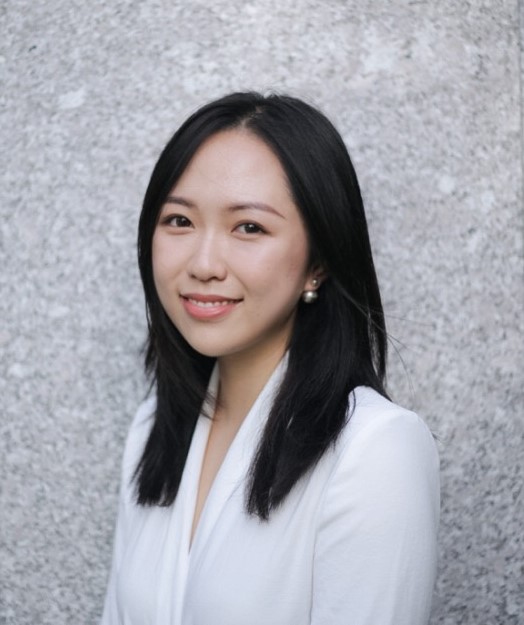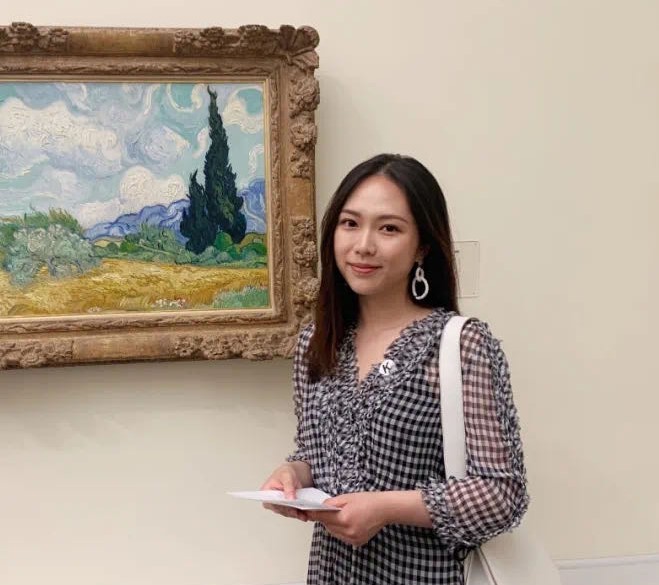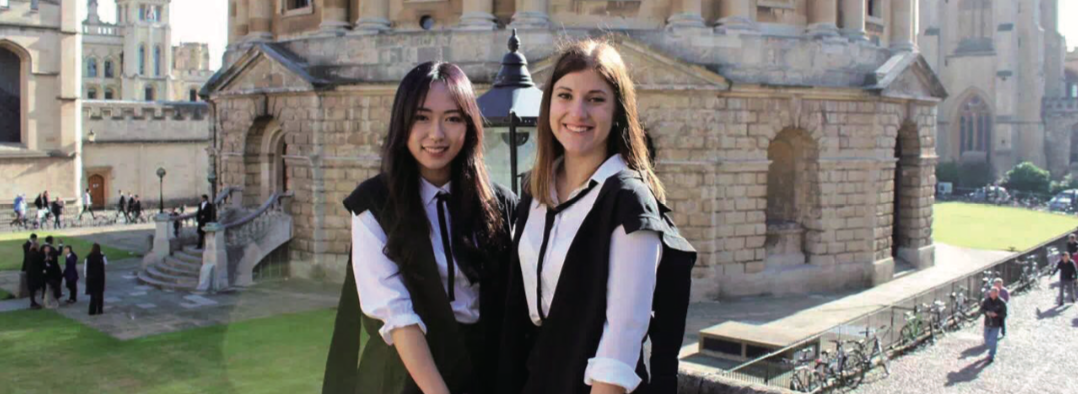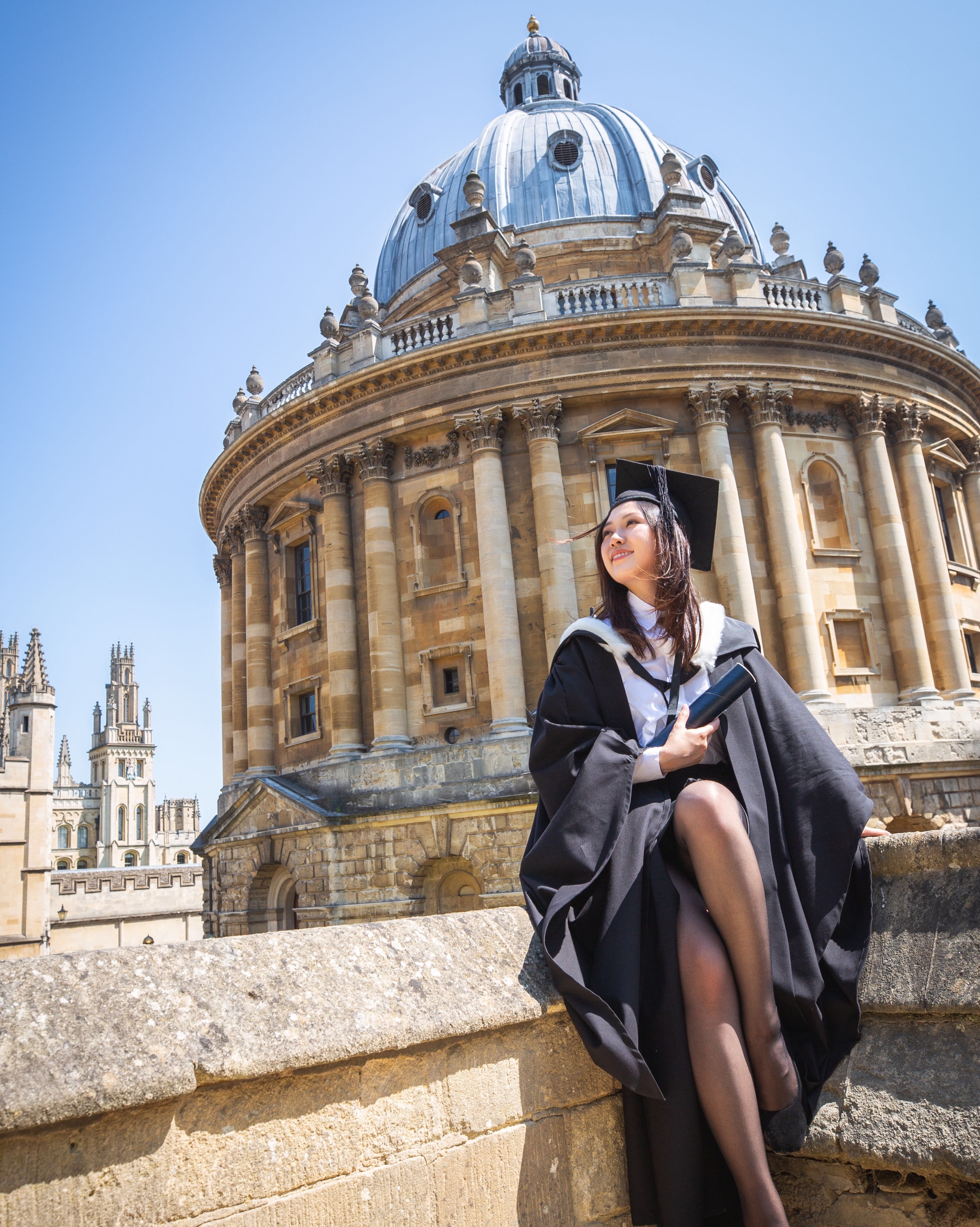
Melissa Hu
I joined SUIS as a Grade 1 student in 2003 and was a student with the school all the way through to Grade 8.
In 2019, I graduated from the Department of Biomedical Science, University of Oxford, and this year I will be entering the Master of Public Health program at Brown University.
Early in 2020 when the whole world was suffering from a tragic public health crisis, I was able to bring my expertise to the fight against COVID-19. Within four months of the start of the crisis, I led a social research project where I volunteered to collect each day reliable outbreak-related news for the public. Helping society in this way was one of the most successful and gratifying things for me in my life thus far. I feel that this caring and empathy for the world was the best gift that SUIS gave me.
When I was in primary school at SUIS, the school’s PYP curriculum helped me to understand the importance of life issues such as environmental protection and education equality. It was this ‘seed’ planted long ago that helped me to eventually decide on choosing public health for my future career after graduating from university.


My SUIS memories
When we speak of prestigious schools, what first comes to mind may be students with special talents, professional skills, or a devotion to a particular social activity. As a matter of fact, I have never particularly excelled in any aspect of schooling since my childhood, whether in academic studies or extracurricular activities, and I stayed in a continual state of ‘being somewhat interested in the things I did and being able to do whatever I tried moderately well’ – I seemed to have no strong competitiveness in any single area that might make me qualify for admission to a global top university.
Is it possible that my fellow students, my teachers and the admissions officers at my university who thought positively of me all made a wrong judgment? Or, could it be true that, despite my ordinary hard skills, I developed behind or between these hard skills some valuable soft skills or a so-called ‘comprehensive quality’, making me competitive among students who excelled in a given particular area?
I am here to share with you some reflections on my growth and on where I believe these intangible soft skills came from. Unlike hard skills that can be acquired from training courses, soft skills need to be developed in a suitable environment and with enough patience.
First of all, my schools.
When I was in my primary and middle schools, SUIS had just started and was not as popular as it is now. The students who had enrolled then had different levels of learning competence, and my academic performance was at an average level compared with my peers. Under such circumstances, as long as I could pass all the courses, the school never compelled me to work harder on my weaker subjects, but instead encouraged me to spend more time on the subjects I performed well in and was interested in. This approach may be contrary to what is generally taken nowadays, but it worked out well for me. Not only did I find a learning approach that both suited me and enabled me to enjoy learning more, but I also learned to not fear my weaker subjects.
During my studies in the international division of my primary school I was far less competitive in English than my fellow English-speaking classmates and as a result, my overall academic performance was not ideal. Yet, despite this, my love for sports and social networking began to emerge. My high achievements on the school’s fencing team and in track-and-field events earned me some appreciation and adoration from teachers and students, so that eventually I could walk on campus quite confidently even though my academic performance was not excellent.
In the second half of my middle school years I was transferred to the Pudong Campus. Thanks to the English training I received at the campus’ international division, I began to perform better in exams and show some potential to qualify as a merit student. I do believe, though, that one thing did play a more important role in my academic experiences than my English skills: my passion for learning was never dampened by those extracurricular tutoring sessions nor the high pressure on my studies.
I may not have been the student with the highest scores or the one that worked the hardest, but I was certainly the happiest learner. I would sometimes cheer myself on during self-study sessions. For example, while the teacher and other students thought I was being inattentive or reading something amusing and unrelated to schoolwork, I was actually excited because I had just figured out how to solve a math problem.
When I later decided to study abroad I insisted on choosing a school that suited me, and my first choice was actually not among the Top 100 in the global university rankings. Given my improved English level, I could have been accepted by a higher-ranking school, but I knew very well that I might not stand out in a top school.
The real difference between a so-called top school and an ordinary one is that top schools select students who are talented in many specialized areas, while in an ordinary university, not all students are exceptionally talented in every specialized area, and its teachers tend to pay more attention to discovering what strong points each student has. In addition, schools at a lower ranking put less emphasis on their enrollment rate and care more about the students’ own areas of interest and their own decisions, unlike the top 10 or 20 universities.
In summary, from primary school to high school, I was able to develop my learning in my own way with no interference from my schools, and I received an education naturally. Although I showed different talents in each stage, they were recognized by the schools, and this then encouraged growth not only in my academic talents but also in the development of exceptional soft skills.
I believe that no matter how sophisticated my professional skills may become through further training, it is my soft skills that have served to really distinguish me from the crowd and that are a very big part of my true self.

Words of encouragement
I’d like to suggest to current SUIS students that you become aware of how superior the available educational resources are at your school for choosing your future development path. I encourage you to explore more opportunities and suitable ways to give back to society, and I hope that SUIS alumni like me can act as a determined, strong model to encourage and lead other students to pursue their life paths and to be a positive influence on society.
Text image | Interview with Melissa


 ICP备案号:沪ICP备13041604号-4
ICP备案号:沪ICP备13041604号-4  沪公网安备31011202002143号
沪公网安备31011202002143号